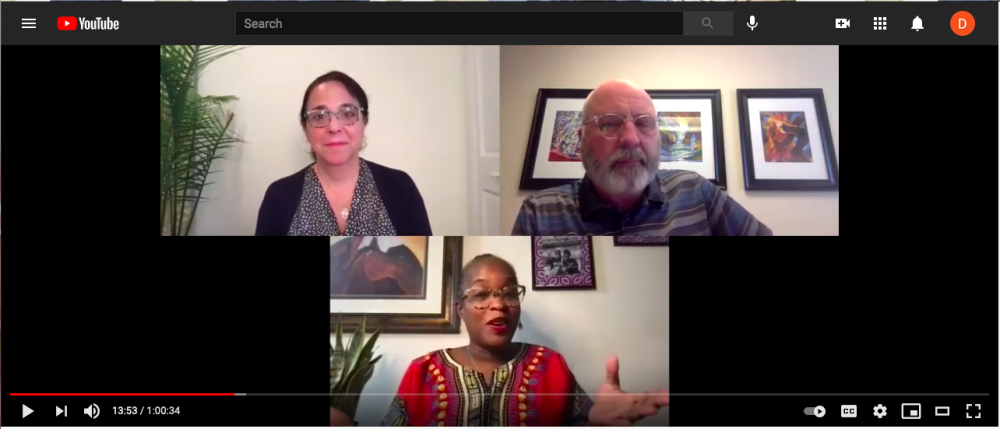Following successful campaign, Virginia
interfaith leaders explain how other states can
abolish the death penalty

Connecting legislation with spirituality and supporters with tangible actions propelled death penalty opponents in Virginia to victory, said two organizers of the movement during a March 29 webinar hosted by Baptist News Global.
LaKeisha Cook and Roberta Oster of the Virginia Interfaith Center for Public Policy discussed the social media and grassroots organizing tactics they employed to help successfully overturn capital punishment in the commonwealth. The victory became official on March 24 when Governor Ralph Northam signed legislation making Virginia the 23rd state—and the first in the South—to abolish state-sponsored executions.
The VICPP discussion offered guidance to anti–death penalty advocates in other states and suggested that the challenge of declining religious affiliation in the US could, in part, be addressed by attracting younger generations with social action opportunities like those used to end state executions in Virginia.




